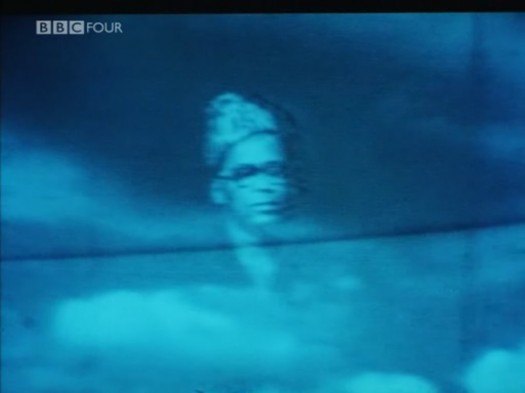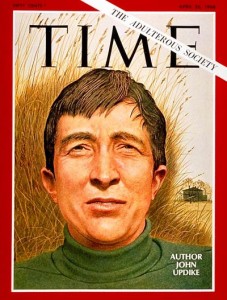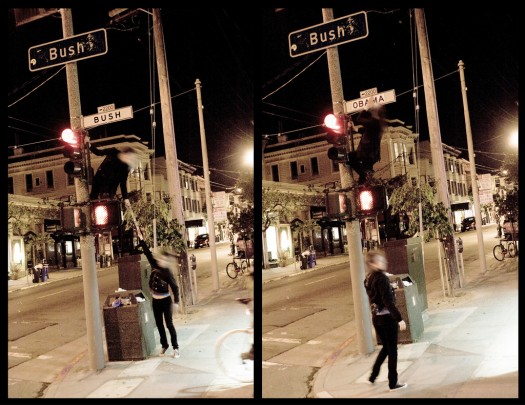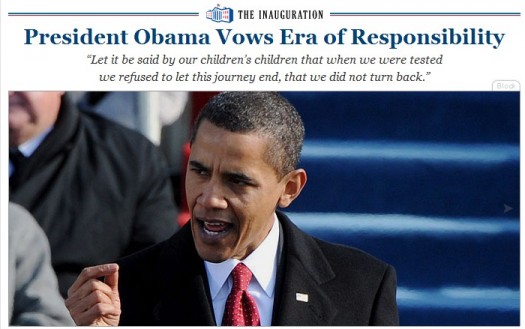Last night, Lynne told a story about a friend who, upon seeing movie star James Franco in the New York subway, experienced a feeling of ecstatic clarity, of time slowing down. I don't recall if Csikszentmihalyi covers celebrity sightings in Flow, but this sounds like a state of flow to me. Wikipedia sums up the flow concept as "a mental state of operation in which the person is fully immersed in what he or she is doing by a feeling of energized focus, full involvement, and success in the process of the activity."Bill DeRouchey recently mentioned the ingredients that, for him, trigger a state of flow: "Brian Eno [ed: I'm guessing his music here, rather than, say, seeing him on the subway], Koyaanisqatsi soundtrack, isolation, old rocksteady/ska and (yes) the LOTR trilogy." There was an ensuing #flowstate discussion on Twitter.David Halberstam's book about the late 70's Portland Trailblazers, The Breaks of the Game, contains a nice description of former Blazer Bill Walton's pre-game ritual:
[Walton] loved the day of a game, particularly an important game. It was a time which belonged completely to him, a time pure in its purpose. On the day itself, he did not analyze the game, he had done that the night before, thought about the team and the player he was going against in the most clinical way possible. The night before was the analytical time. The day of the game was different, it was an emotional time. He always took a nap on the day of a game, waking up two and a half hours before the game … This was the time in which he felt the rhythm and tempo of the game, almost like feeling a dance of his own. He played his own music, from the Grateful Dead … and the music helped, it flowed through him and he thought about the tempo he wanted to set and how he could move. He would sit in his home or his hotel room in those hours and actually see the game and feel the movement of it. Sometimes he did it with such accuracy that a few hours later when he was on the court and the same players made the same moves, it was easy for him because he had already seen it all, had made that move or blocked that shot. He loved that time, he had it all to himself, he was absorbed in his feel for basketball.
An ingredient to Walton's secret sauce: The Grateful Dead. In the same jam family, I would say, as Bill's Phillip Glass go-to, Koyaanisqatsi.All of which of course made me think of my own flowstate triggers. The more I think about it, though, my most reliable trigger is running, but a glass of water and the Baseball Encyclopedia also can do the trick. Music is not as essential to me; sometimes silence is better, sometimes I need some Animal Collective. For Reverend Green is pretty reliable.
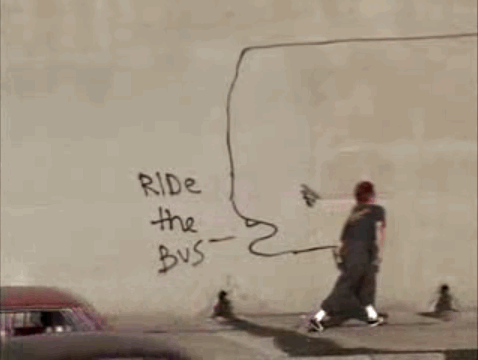
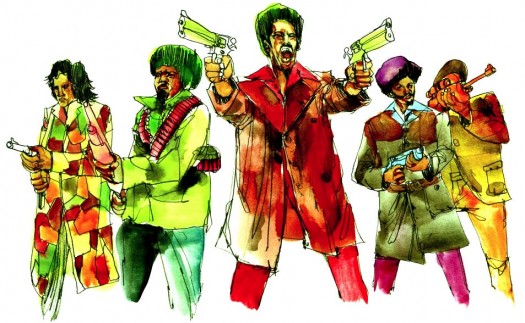 Choe worked
Choe worked  Typography suits the subject. ALI. Yeah.
Typography suits the subject. ALI. Yeah. Klein is known for his still photography, and he brings a photographer's eye, and a cavalier attitude toward editing. The movie is a montage of spontaneity and action, tracing Ali's path from the build-up to
Klein is known for his still photography, and he brings a photographer's eye, and a cavalier attitude toward editing. The movie is a montage of spontaneity and action, tracing Ali's path from the build-up to 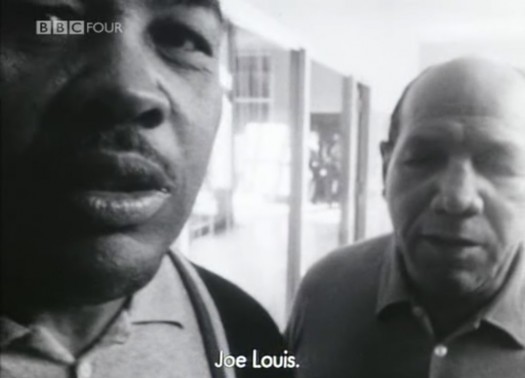 Klein catches a nice glimpse of
Klein catches a nice glimpse of 
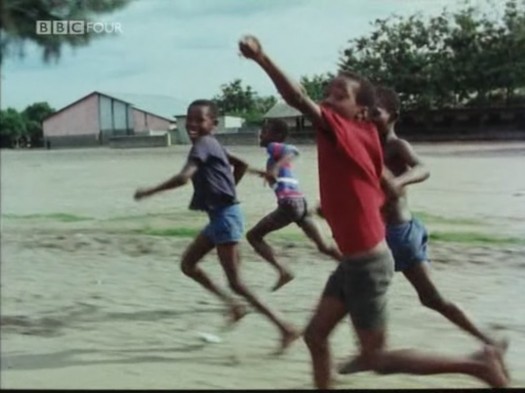 Klein captures some amazing moments around the Rumble, which took place in Zaire, 1974.
Klein captures some amazing moments around the Rumble, which took place in Zaire, 1974.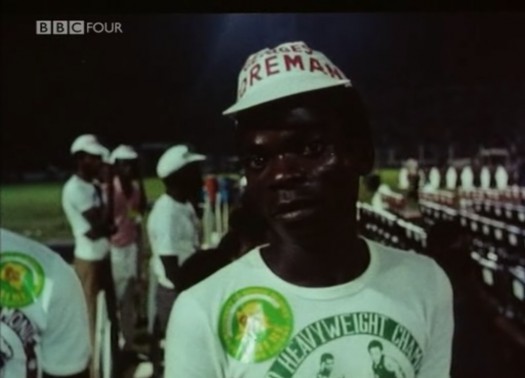 The whole nation appears to be in and around the stadium.
The whole nation appears to be in and around the stadium. 